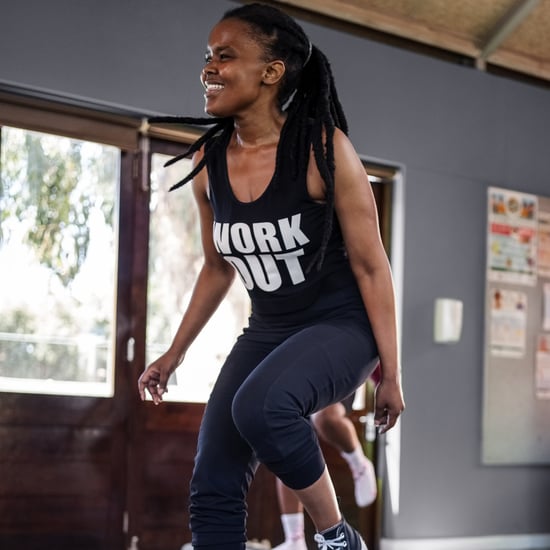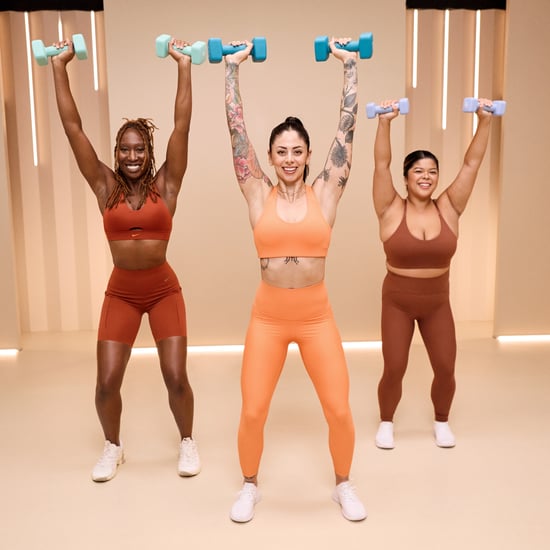Should I Eat Before or After Working Out to Build Muscle?
A Sports Dietitian Explains What (and When) to Eat to Fuel Your Workouts and Build Muscle

You know food is essential to unlocking those gains — you need fuel to power through your workouts and adequate nutrition to repair your muscles once you're finished. But if you get a little hung up on the timing of it all, know that when you eat isn't nearly as crucial as what you eat and how much.
"There is no specific time frame that you need to eat carbs or protein to maximise muscle synthesis," sports dietitian Cindy Dallow, PhD, RD, told POPSUGAR. It's more important that you get the right amount of protein and carbs throughout the day and that you're eating a sufficient number of calories — specifics that can be determined more precisely by a sports dietitian, based on your goals and workout regimen.
"Protein will not be utilised for muscle synthesis if you do not meet your calorie needs, so both need to be looked at," she said.
Still, there's no denying that these nutrients play specific roles in the muscle-building process. Carbs are particularly important before a workout. "Carbohydrates provide energy for working out but also help to replenish glycogen stores after a workout, so having a high-carb food is a good idea an hour or so before a hard workout," Cindy explained.
When choosing your pre-workout fuel, avoid foods that are too high in fibre. "High-fibre carbs are generally not recommended before running (with the exception of oatmeal), because these foods can cause gas and bloating in some people," she said. "Toast, bagels, yoghurt, fruit, or any higher-carbohydrate food that you can tolerate well is best."
After a workout, protein can help jump-start your recovery and edge you closer to your goals. "Protein provides amino acids for muscle repair and synthesis," Cindy said — specifically, the amino acid leucine helps to "turn on" the muscle-building process.
Just how much you need of each nutrient depends on a number of factors, including your weight and the intensity and duration of your workouts. Getting roughly 55 percent of your daily calories from carbohydrates, 25 percent from protein, and 20 percent from fat may be a good place to start, according to experts — but working with someone to create an individualized plan is always best.







